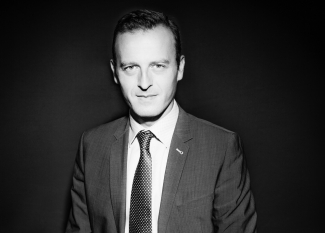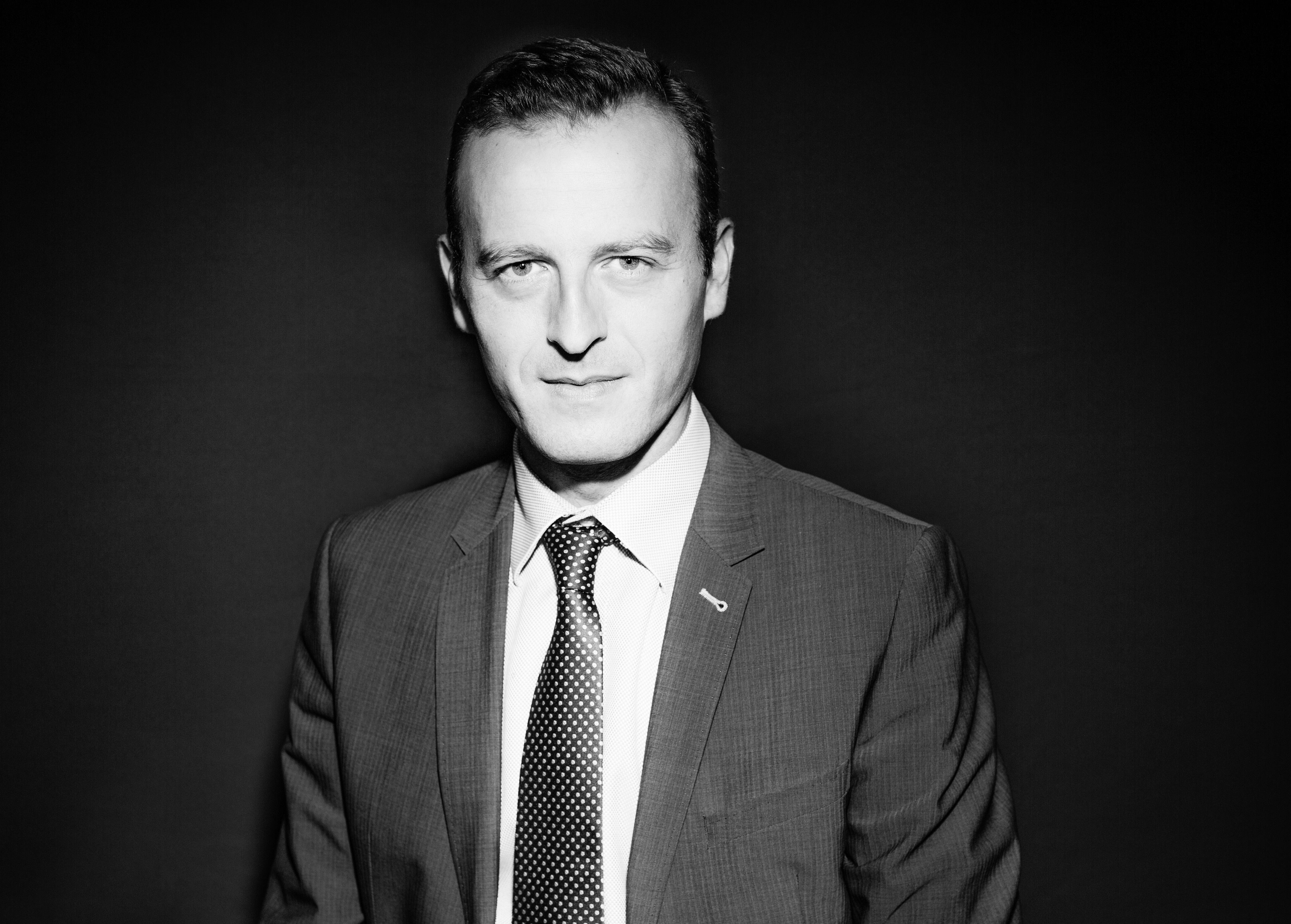EU-Russia Relations, Toward a Way Out of Depression

The CSIS/IFRI joint project seeks to reframe the trilateral relationship for the relevant policymaking communities. We are motivated with the possibility that new opportunities may be emerging with leadership change in Moscow and Washington. In particular, we hope that our analyses and recommendations will be useful as France takes over the chair of the EU on July 1, 2008.
The title of the project reflects our sense that relations between Europe, Russia, and the United States have somehow lost their balance, their equilibrium. The situations of the key actors have changed a great deal for a variety of reasons including, but not only, new wars in Afghanistan and Iraq, expansion of NATO and the EU, and the unexpectedly rapid economic recovery of Russia. At a deeper level, we find ourselves somewhat perplexed that nearly twenty years since the collapse of the Berlin Wall and the subsequent conclusion of the Cold War that relations between Europe, Russia, and the United States seem strained on a multitude of issues. In Berlin in June 2008, Russian President, Dmitri Medvedev, invoked the language articulated fifteen years ago by Bill Clinton and Boris Yeltsin about "unity between the whole Euro-Atlantic area from Vancouver to Vladivostok." Despite many achievements over the past fifteen years, it is hard not to conclude that collectively we have under-achieved in building greater trust and cooperation. We are convinced that both for enhanced European security as well as global security, we must increase the level of trust and cooperation between the trans-Atlantic allies and Russia, and that this cooperation must rest on a firm economic and political grounding.
We must humbly acknowledge that we certainly have no "magic bullet," but we hope that the series of papers to be published in the summer and fall of 2008 as part of this project may contribute to thinking anew about some of the challenging issues that we in Europe, Russia, and the United States collectively face.
Having undergone a period of stagnation (2003-2006), relations between the European Union and Russia are now going through a period of depression (2006-present) that is rooted in a series of misunderstandings and frustration. Is this a profound depression or a temporary one? Like an old married couple obliged to live together and contractually bound to one another, the two partners are no longer attracted to each other and are unable to put their relationship into perspective. The obvious lack of desire for the other is clearly mutual. The current context is the perfect opportunity for redefining EU-Russia relations, considering Dmitry Medvedev's arrival at the Kremlin, flanked by Vladimir Putin as prime minister, in May 2008; the French presidency of the European Union, beginning in the second semester of 2008, with energy issues topping the agenda; and the presidential election in the United States in November 2008.This report aims to shed light on the current disagreements in order to find a way out of the current phase of depression, thereby furthering the interests of both parties. It is based on the key idea that EU-Russia interdependence cannot be avoided and will only get stronger in the future. Three related reasons help explain the current depression: the clash of their respective identities in a fast-moving context; a progressive "securitization" of their energy exchanges; and finally, negative mutual perceptions. Yet, for a number of other reasons, the two parties are unable to do without each other and cannot afford to avoid the redefinition of their partnership. This report aims to draw up an outline for the coming period—that is, 2008 to 2012. In methodological terms, overcoming depression requires two successive stages: the identification of the main obstacles by the expert community; and the formulation of these obstacles in political terms. This dual progression requires adroit discernment of what should come under the public sphere (through public diplomacy) and what should be dealt with through specific channels.This study is part of a series of reports being published by the joint CSIS/IFRI project "Europe, Russia, and the United States: Finding a New Balance," which seeks to reframe the trilateral relationship for the relevant policymaking communities.

Available in:
Regions and themes
Share
Download the full analysis
This page contains only a summary of our work. If you would like to have access to all the information from our research on the subject, you can download the full version in PDF format.
EU-Russia Relations, Toward a Way Out of Depression
Related centers and programs
Discover our other research centers and programsFind out more
Discover all our analysesThe Caspian Sea as an Emerging Energy Hub : Potentials and Limitations
This report analyzes the prospects of the Caspian Sea region — and its key actors except for Russia and Iran — becoming an important energy hub serving the needs of the European Union (EU).
The European Union's Strategic Test in Georgia
The political crisis brewing in Georgia is of an existential nature for the country. What is at stake is Georgia's future as a democratic and sovereign European nation (EU).
Commanders of Putin's Long War: Purged, Reshuffled and Disgruntled
The trend of reshuffling the Russian top military command in the course of a fast-evolving and far from successful war has progressed unevenly both across the Armed Forces’ structures and in time. The rationale for and timing of the abrupt cadre decisions made by Commander-in-Chief Putin often defy logical explanation, and the rare official clarifications are no more informative than the usual information blackout.
Russian Military Manpower After Two and a Half Years of War in Ukraine
In addition to a military victory in Ukraine, the Russian leadership is planning to build up sizable troop formations for a possible conflict with NATO in the Baltic region and the Kola Peninsula. In particular, current plans aim for the military manpower to grow by about 350,000, reaching a total of 1.5 million soldiers and commanders. In the context of the current conflict in Ukraine, this cannot be accomplished without a new wave of mass mobilization.










